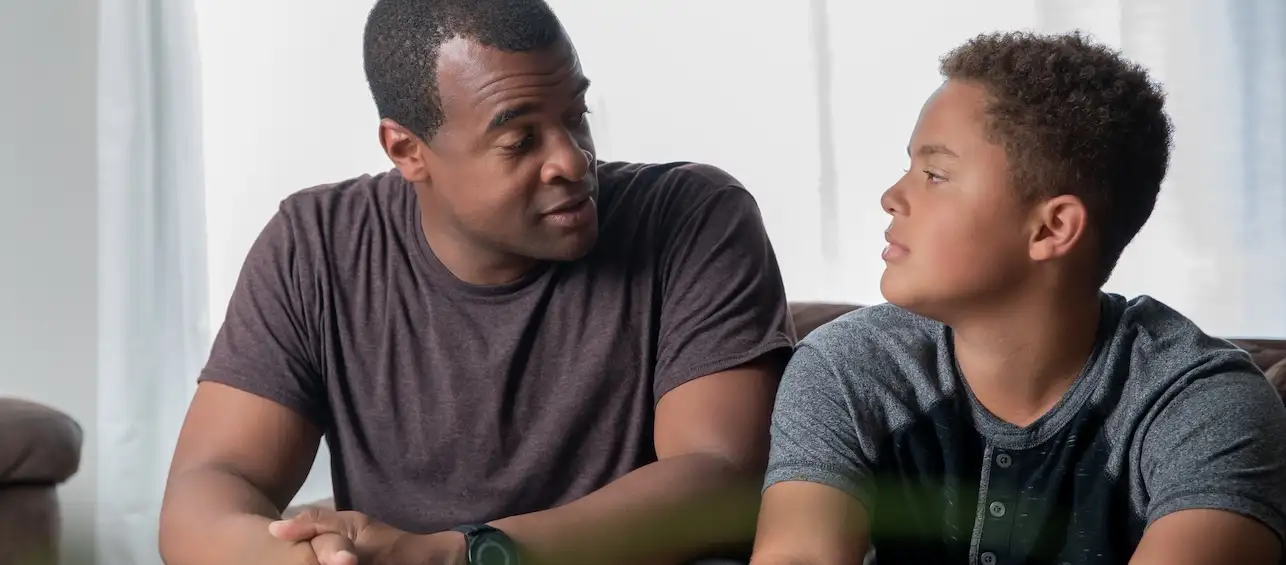Resiliency. It’s a word that’s spoken about frequently with psychologists working with youth — and with good reason.
Adversity is an inevitable part of the human experience. Whether due to potentially life-changing situations (e.g., having a major illness, experiencing loss, living in impoverished neighborhoods), or to more common experiences such as having trouble in school or navigating tough peer and/or family relationships — we all will face challenges in our lives that determine how we view ourselves, others, and our futures.
Being resilient means that we are able to use skills and strengths to cope and recover from adversity.
Research shows that skills such as social competence, optimism, problem solving, and emotional control can be taught, and the earlier these skills are learned the more resilient the child becomes.
Research also shows that resilient children report more favorable mental health, do better in school, and have more positive social relationships than non-resilient children.
What’s more, findings show that kids who are more resilient grow up to be more successful and healthier adults.
So with resiliency being crucial to kids’ future success, parents might be wondering if and how they can encourage their children to be resilient. As a child psychologist who spends much time in local Cincinnati high schools, parents often ask me this very question.
Here are a few tips to encourage resiliency in kids:
- Let your kids fail — within reason. The sweet spot for resiliency is learning how to bounce back from a failure. Letting your kids fail allows them to learn what to do differently next time. For instance, if your child really wants to make new friends but doesn’t know how, practice greeting skills with your child and let them apply the skills in their own way. It may not go as planned, but your child will learn from the experience. You can then talk about what your child did well and what to try next time.
- Feelings of discomfort are okay. One important component of resiliency is independent problem solving. Yet there are times when problems are not easily solved or the solution didn’t work. These instances can lead to frustration and a tendency to “give up.”
Rather than solving the problem for your children, it is more helpful to support their decision and to remind them that failure happens to everyone. Even their parents! It can be incredibly helpful to acknowledge your children’s feelings and let them know that it’s okay to be upset or disappointed. Once these feelings are validated, discuss with your children what was learned from the experience and help develop an alternative solution. This strategy goes a long way in developing emotional control and self-confidence.
- Focus on acceptance and positivity. Certain situations in children’s lives are simply out of their control (same goes for adults!). There’s no sense in worrying about it or trying to change it — because it won’t help and isn’t possible. And sometimes, doing so can lead to anxiety, stress, depression or even worsening of symptoms. But what can be controlled is how they think about it. It’s a choice. For instance, if your child has a condition like inflammatory bowel disease — neither he nor you can change that diagnosis. However, your child can choose to not let it define him. Focus on what’s going well versus what’s not.
- Model resiliency. Parents can show their children how to be resilient by modeling the resiliency skills themselves. Think about how you react to certain adverse life events. If you’ve made a mistake at work, for instance, tell your kids about it. Describe to them your feelings of discomfort but also what you learned and how you intend to fix it. Tell them you’ve thought through all of the options and you’re optimistic about your plan to make it right. Talking to kids about your mistakes validates that it’s okay to make one and explaining what you plan to do about it illustrates how to bounce back from it.
Fortunately kids are hard wired to be resilient and they might simply need a little encouragement along the way to help foster these important skills. Following the above suggestions can help put your child on the path to seeing some problems as things that are fixable versus out of their control.





